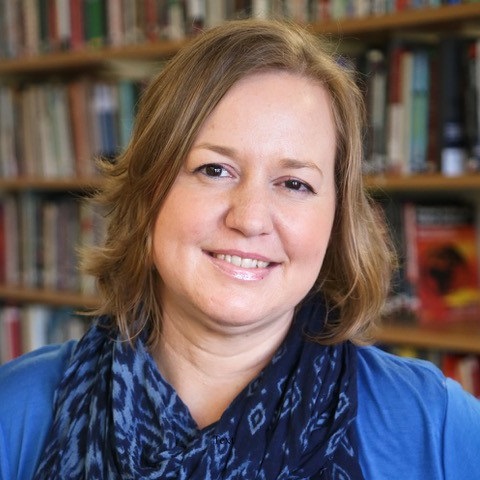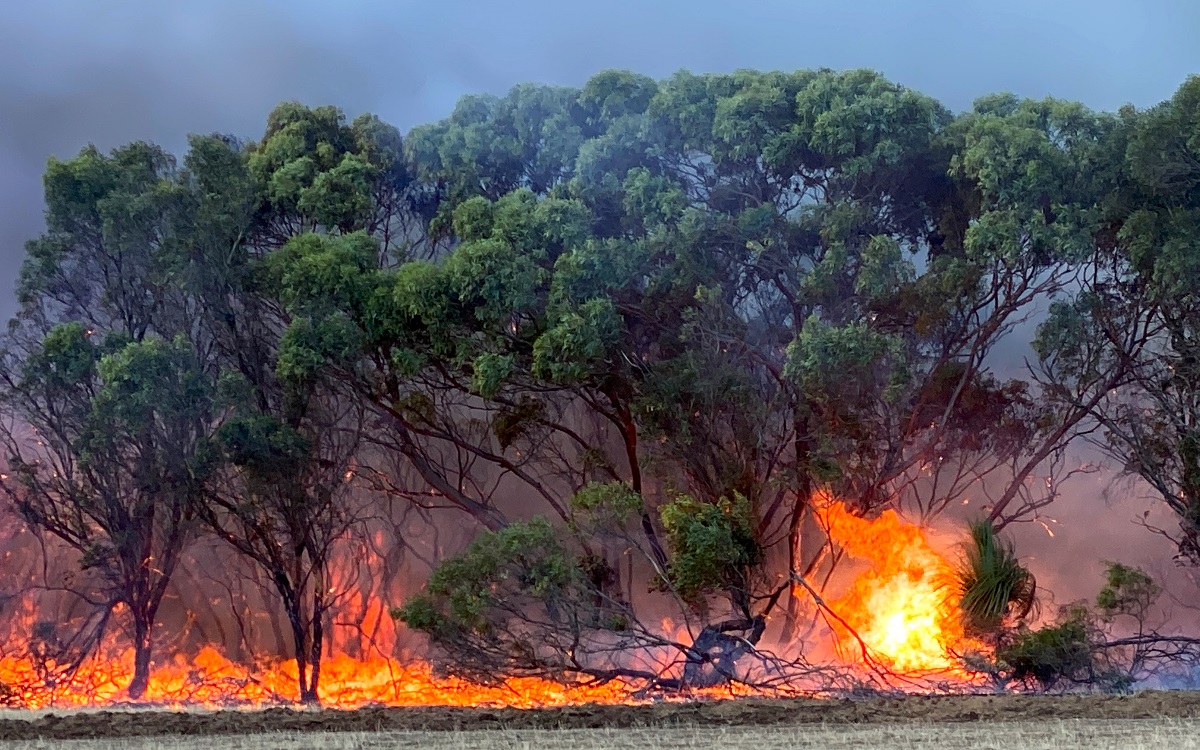In this public lecture, Dr Jarrett Blaustein will explore what policing is, and what it might become, in the climate crisis.
Climate change is the defining issue of our time. As the disruptive and destructive effects of environmental hazards increase, the conceptual boundaries between human and environmental security become increasingly blurry.
Successfully adapting to climate change requires sustained cooperation between an array of governance actors. Police are key emergency management partners but it is unclear how policing models, strategies and capabilities align with broader climate adaptation initiatives.
In this lecture, Dr Jarrett Blaustein will explore what policing is, and what it might become, in the climate crisis. The event will look at how police are adapting to the complex risks of climate change, what factors might support or prevent successful adaptations, and how the police are integrated within broader governance initiatives.
Drawing on a recent, exploratory case study of local policing during the 2019–20 Black Summer bushfires in Australia, Dr Blaustein’s talk will examine how local policing activities, shaped by previous crises and adaptations, seemingly reduced vulnerabilities and enhanced community resilience, risk mitigation and emergency management capabilities.
Dr Julie Berg (University of Glasgow) will join the event as a discussant.
This lecture is jointly hosted by the ESRC Vulnerability & Policing Futures Research Centre and the Centre for Criminal Justice Studies at the University of Leeds.
About the speaker

Jarrett Blaustein is an Associate Professor and the Director of Education in the School of Regulation and Global Governance (RegNet) at The Australian National University and Associate Editor (Australia/NZ/Asia-Pacific) for Policing & Society. He completed his PhD at the University of Edinburgh and his interdisciplinary research considers how and why societies govern and deliver security during or in anticipation of different types of crises.
Much of Dr Blaustein’s work to date is anchored in the idea that policing is best conceptualised and studied as networks or webs of actors whose interactions collectively serve to advance or reproduce particular versions of social order. This builds upon the tradition of ‘nodal governance’ scholarship by illuminating how global forces and transnational linkages shape the governance and delivery of security in different contexts. His current work draws on these ideas to explore how different policing networks and actors around the world are adapting to risks, harms and crises associated with climate change, and what this means for the future of policing.
Discussant
Dr Julie Berg

Dr Julie Berg is a Senior Lecturer in Criminology at the School of Social and Political Sciences, and the Director of the Scottish Centre for Crime and Justice Research (SCCJR), at the University of Glasgow. She joined the University of Glasgow in January 2018, having previously held a full-time research and teaching appointment at the University of Cape Town, South Africa where she is currently a senior research fellow with the Global Risk Governance Programme.
Her research interests include a focus on the impacts of new and emerging global harmscapes on security institutions, collaborative arrangements, and democratic safety governance.
Further to this, she is interested in the impacts of these new harmscapes and associated responses, on the evolution of criminology as a field of inquiry and, related to this, the nature and implications of a decolonised criminology, given the impact and governance of new harms in the Global South and the need for innovative responses and an adaptive criminology.
Contact us
If you have any questions about the event, please email [email protected].
Images
- Top: Photo from New Matilda via Flickr (CC BY 2.0 DEED)
- Above: Jarrett Blaustein

